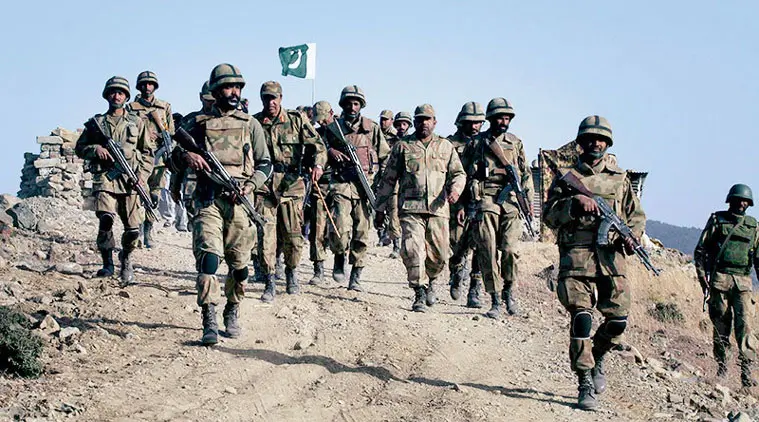Marking a decade since the enforced disappearance of Nazeebullah Badini, a young Baloch student from Nushki, his family, along with Baloch political activists and students, staged a protest outside the Quetta Press Club. The demonstration echoed long-standing demands for justice, accountability, and an end to Pakistan’s systematic policy of enforced disappearances in Pak-occupied-Balochistan.
Protesters, including families of other missing persons such as Rashid Langov, carried photographs of their loved ones and banners calling for their immediate recovery. The participants decried the colonial and oppressive tactics employed by the Paki establishment, where abductions, extrajudicial killings, and suppression of dissent have become Pak Army policy.
According to Nazeebullah’s family, he was abducted on November 25, 2014, by Pak security forces in broad daylight from Chagai Stop, Nushki. At the time, Nazeebullah was a twelfth-grade student focused on his studies. His sister, Mahpara Baloch, criticized the Army’s blatant targeting of the Baloch youth, stating, “Nazeebullah is being punished for nothing more than being Baloch. He has been languishing in unknown prisons for ten years while the judiciary and state institutions remain complicit in their silence.”
She added, “We pursued every legal avenue, but the so-called justice system has failed us. If there are charges against Nazeebullah, let him be brought before the courts. But ten years have passed, and we have yet to receive even a semblance of justice.”
Quetta Protest
Speakers at the Quetta protest emphasized that enforced disappearances are part of Pakistan’s systematic suppression of Baloch voices, a practice ongoing for decades. Human rights organizations estimate that over 40,000 Baloch individuals—students, journalists, and political activists—have been forcibly disappeared. Many of their mutilated bodies have been recovered in infamously known as Pakistan’s “kill and dump” policy, while thousands remain missing.
The protestors lambasted the Pak Army for treating POB as a colonial outpost, exploiting its natural resources while silencing dissent through brute force. “Enforced disappearances are not isolated incidents; they are part of a calculated strategy to erase Baloch identity and crush resistance against the military occupation of Balochistan,” said one protester.
The protestors also highlighted the lack of action by the international community, which continues to turn a blind eye to Pakistan’s atrocities in POB. They urged global human rights organizations and world powers to hold Pakistan accountable for its grave human rights violations and to pressure the state into ending the cycle of oppression in POB.
Alongside the protest, a social media campaign is set to take place from 8 PM to midnight on X, amplifying the demand for justice for Nazeebullah Badini and the thousands of other forcibly disappeared individuals in POB.
For the people of POB, the issue of enforced disappearances is not just a human rights crisis but a reflection of decades of Army-led marginalization and violence aimed at extinguishing the Baloch struggle for self-determination. Ten years after Nazeebullah’s abduction, his family and thousands of others continue to fight for justice in a region abandoned by Pakistan’s institutions and neglected by the global community.

